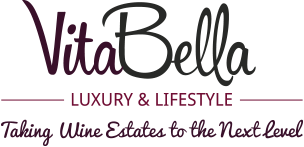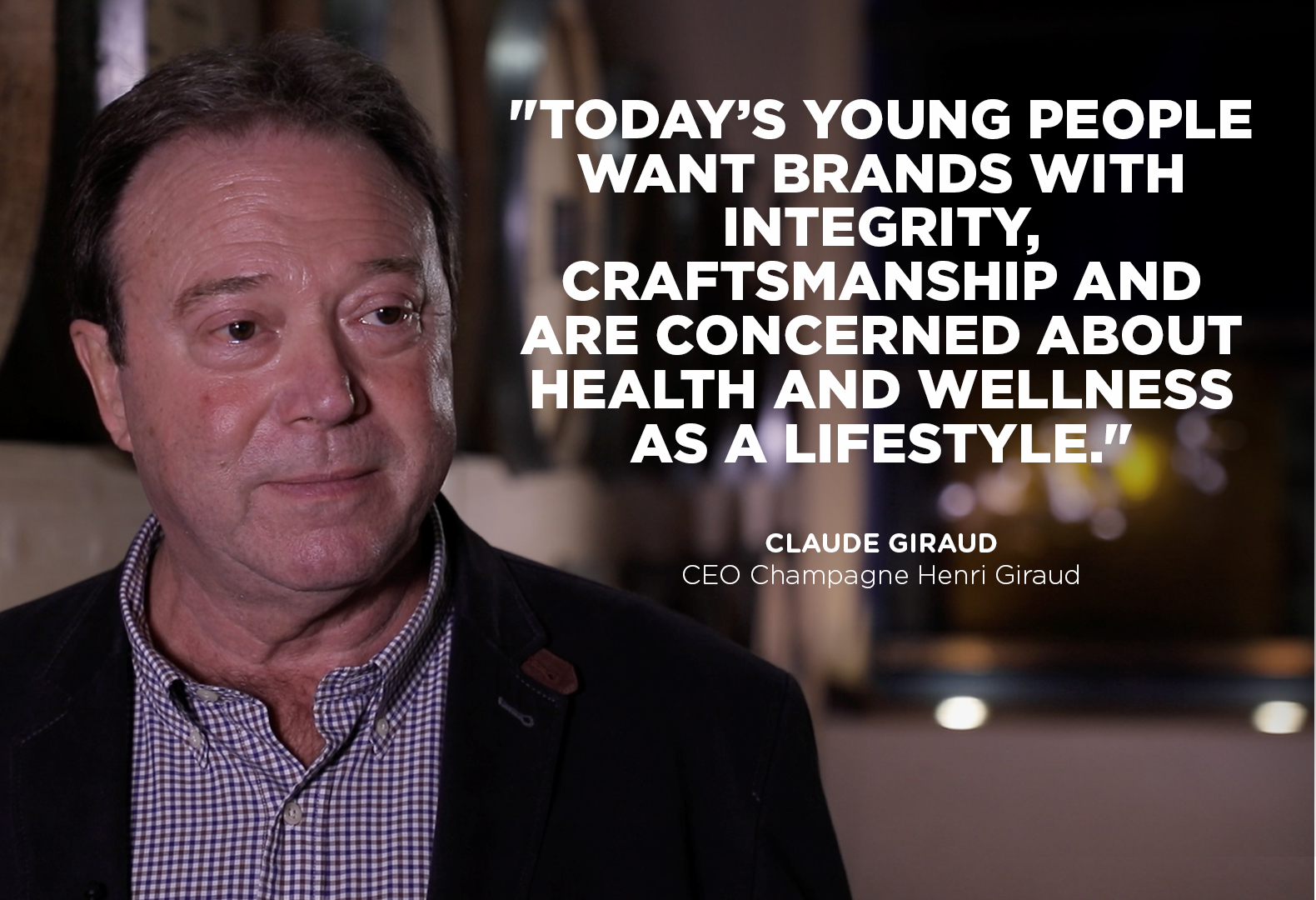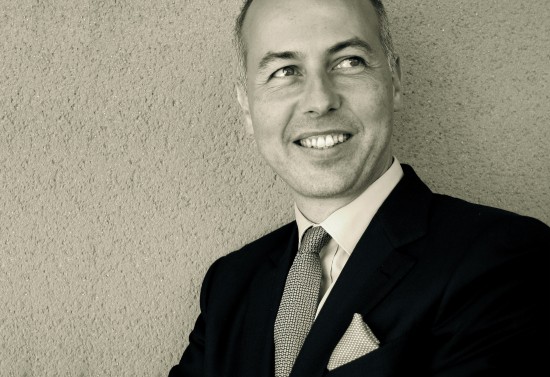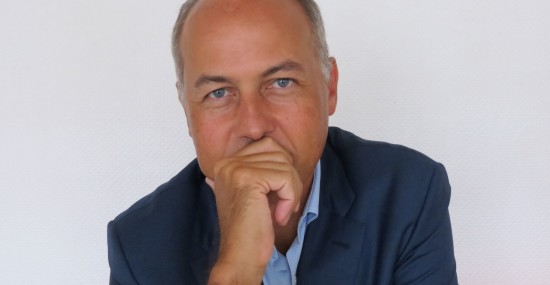The world we live in truly is bizarre…On the same day last week, it was announced that the organic carrots sold in a chain of organic shops contain pesticides, and that a non-organic Champagne House has Zero Pesticide Residues in its champagnes. Surely some mistake! While some continue dreaming of the notorious “Wine Shazam”, Claude Giraud, President of Champagne Henri Giraud, is talking of the necessity to “create new assurance and serenity for consumers”. In announcing the launch of their “New Generation” informative label (from 1st January 2018, the results of molecular analysis of the wine with the mention ZERO PESTICIDE RESIDUES will appear on the bottles), this Champagne House has started a veritable revolution. On the one hand it is responding to the younger generation’s concern for their daily health and well-being, and on the other, it answers their desire to escape the morass of information that encumbers the image that they have of wine and its consumption. Because, between Organic, Biodynamic, Natural wine and all the rest, everyone is getting just a little bit confused, or even very confused…
Claude Giraud recounts his experience:
Why are you making this announcement now?
Claude Giraud: “20 years ago, champagne drinkers were interested in the composition of the blends. Then came the time when we talked to them of dosage, of disgorgement dates, of vineyard management and winemaking techniques… it’s now time to move on, from the obligation of means to the obligation to produce results. At Champagne Henri Giraud we put the emphasis on creation and on quality. Of course, all this has a cost that contributes to the finished value of our wines. But if some are more accessible than others, the same quality standards apply to all. It is therefore perfectly natural that a House like Champagne Henri Giraud should make such an announcement in relation to its customers. Research and our own creativity today make this transparency possible for lovers of Henri Giraud champagnes who are, without doubt, the most demanding wine connoisseurs in the world. Our highly ethical approach to our work now permits us to procure this serenity for them, making it possible to enjoy the simple pleasure of tasting a glass of champagne.”
For how many years have you been working towards the ZERO PESTICIDE RESIDUES objective?
Claude Giraud: “It is now 30 years since Champagne Henri Giraud began its work and research into vineyard management techniques and multiple aspects of wine, applying the principle of continuous improvement. Because when you talk about nature, you necessarily talk about time. From the end of the eighties I made a personal commitment to the renewal of Champagne, so that champagne would once again become a great wine. In 1992, we were one of the first to join “Magister”, the Association for Reasoned Agriculture in Champagne, which we followed, abandoning the use of herbicides and pesticides. From 1997 onwards we worked with HACCP Food Security systems. In 1998 we sowed rye between the rows of our vines. In the year 2000 we extended the use of sexual confusion across all our vines, and introduced alternative practices to the use of fungicides, because the fight against mildew is the only issue today to which there is still no satisfactory response outside of synthetic molecules.”
So, you won’t be going organic in the foreseeable future?
Claude Giraud: “For three years we have farmed some parcels organically and made an organically certified champagne (Ecocert). It is not on sale as it is just experimental. We have not gone down the organic route, nor that of natural wine for that matter, because we consider that working with nature, with living matter, there is no room for preconceptions or bias. We have also been running experimental trials with the French Forestry Commission for the last four years on the traceability of the oaks used for staves, and we are working on aluminium residues in wines made in terra cotta containers. We have been undertaking projects for 30 years which today allow us to better understand what happens in the vines, and to work as naturally as possible in the cellar, and to obtain the result that we consider essential: Zero Pesticide Residues in our wines. We are only at the beginning; the next stages will go even further because we are working for the future, and we intend this informative label to evolve. That all requires time and investments, but I know that it is the future of Champagne that is at stake.”



